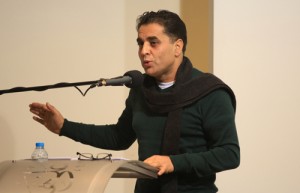 Walid el Sheikh is a Palestinian poet and writer, born in 1968 in Dheisheh refugee camp in Bethlehem. He has published four collections of poetry since 1999, most recently Every Time I Regret (2005) as well as his first novel The Old Man Thinks of Small Things.
Walid el Sheikh is a Palestinian poet and writer, born in 1968 in Dheisheh refugee camp in Bethlehem. He has published four collections of poetry since 1999, most recently Every Time I Regret (2005) as well as his first novel The Old Man Thinks of Small Things.
Walid el Sheikh is one of the pioneers of prose poetry in Palestine; his poems are simple in diction and form, yet they “invoke surprise and optic leaps”. His work is known for challenging taboos, and celebrating the shameless and the indecent. In this interview, he elaborates on how he approaches taboos in creative writing, and the way forward for Arab writers addressing sanctities in a context of censorship and repression.
Asked about the necessity of writing about taboos in the Arab World and in Palestine, he eloquently notes that:
If a culture that considers the body a collective property of the family and the tribe in the political sense leads to dispossessing the body of its freedom, it needs to be changed, even through shocks.
Do you think that writing about taboos is really necessary?
We must define what we mean by taboos. I don’t think, for example, that tackling topics related to the body is an inacceptable or shameful thing. Even if we refer the matter to religious authorities, I think that erroneous reading of the religious text is what led to the consideration that the body is taboo, and linked it in an arbitrary way to closed social concepts such as shame.
If what’s intended by the question is writing about the body, I certainly consider it a necessity. How can we liberate our land, for example, if we have no freedom over our bodies. If a culture that considers the body a collective property of the family and the tribe in the political sense leads to dispossessing the body of its freedom, it needs to be changed, even through shocks.
We cannot think now outside of our bodies, which are bloodied, miserable, and always accused of something. As for the sacred trinity (religion, sex, and the State) and what is forbidden from circulating publicly in the Arab culture, I believe that they must invade the limit of dismantlement, so as we can rebuild them anew. Writing is one of the tools capable of doing this.Is there a specific controversial subject you prefer to write about?
Whenever I feel the need to write, I go for it without preferring a subject to another. But it seems that sometimes some topics dominate more than others, and occupy large swathes of my writings. I am constantly inclined to knock on the doors of “taboo” in an inquisitive way. And whenever I stand at its door I realize most of the falsehood surrounding it. It’s just an empty structure growing on the hills of salt. Once a cup of water is spilled on its ground, it disintegrates into miserable ropes.Is there a controversial topic that you think should not be tackled, and that you must not write about or express?
Anything goes for writing about it. I do not agree on the existence of sanctities that must not be approached. On the contrary, whenever a topic is controversial, we must address it through writing.Do you think about the reader or the audience when you write?
At the time of publication, yes. Before that and during writing I do not think much about them.Do you support having censorship over art and writing?
I believe that freedom is an essential prerequisite for creativity. Any censorship will necessarily be a ceiling limiting freedom and thus creative productions.How do you balance between the real and the metaphorical in your writing?
All writing may be perceived as metaphor, but if I were to link it to rhetoric, I prefer to liberate myself from it. I go whenever I can to austerity, austerity to the limit of thirst sometimes.Do you feel that you betray your idea sometimes because of indirect writing?
I aspire to be more daring and adventurous in writing, and I hope to realize this someday. I feel that whenever a word is hanging and I hesitate to write it I am still a prisoner, and that I must traverse a certain distance. I try to train myself to write until my writing resembles my confessions to myself.In terms of priority in cultural influence, how do you classify the following controversial themes: religion, politics, and woman/gender?
Religion is a key element of culture, and language is the first one. If language is liberated and if it evolves, I think that it can produce again axioms according to critical readings that help to transcend the problematic of politics and the issue of social roles. Religion has become a political actor par excellence through the religious movements that used it to their interests.
But language is destined to be liberated. Perhaps the problem of Arabic language is that it is (sacred), and approaching it is like walking in a minefield. Language is the house of thought, and whenever this house is clean ideas become more elegant. This is what Arab culture needs right now—a clean house.Have you been subject to criticism or terrorism before because of addressing controversial topics in your works?
To criticism yes. This has not hurt me. On the contrary, examining more closely the criticism directed at me helps me to have a clearer vision.Can the controversial and the sacred coexist in the Arab world?
The Arab world is now trying to answer this question in the streets. Action is comprehensive in the Arab world. Things have not stabilized yet, and I know that the answer will be formulated soon.
The controversial is bound to win in the end, considering that it is carrier of questions, because life in the end is the question. There is no absolute answer except death.
Interviewed by Ashraf Zaghal
Translated by Ghada Mourad
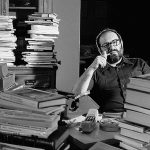
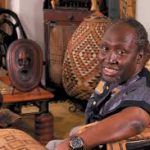
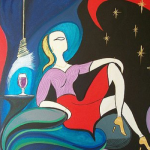

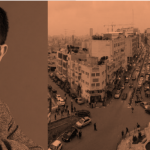
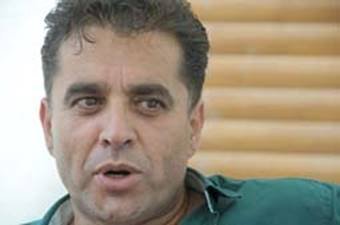
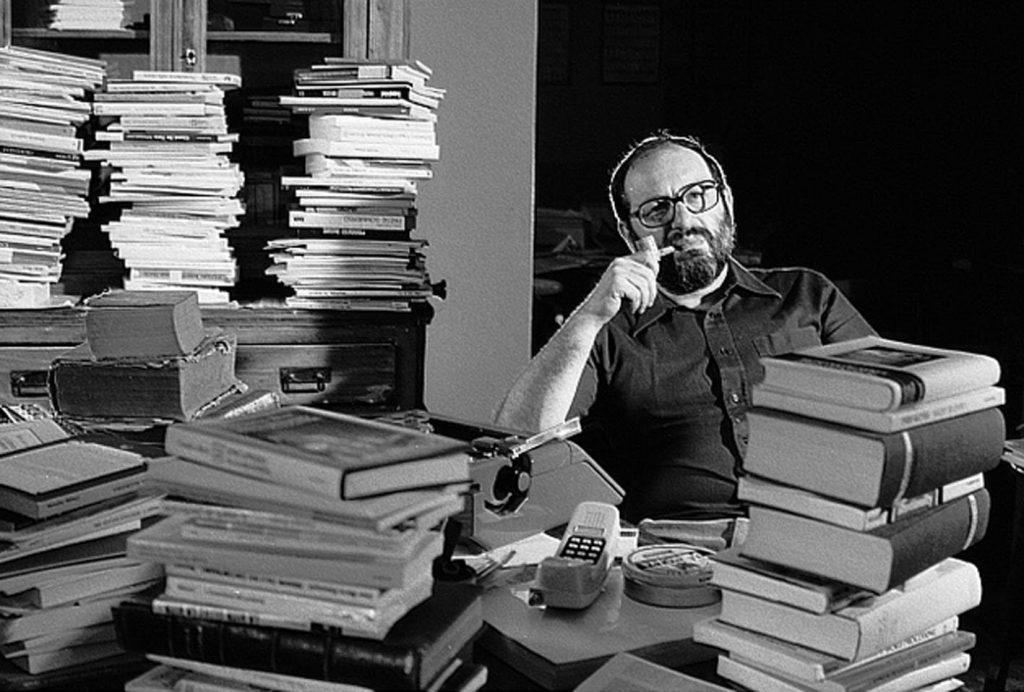
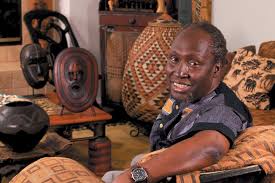
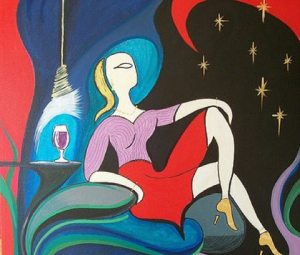

The Writer and the Taboo: with Naser Al Zafiri
The Writer and the Taboo: with Raji Bathish
The Writer and the Taboo: with Liwaa Yazji